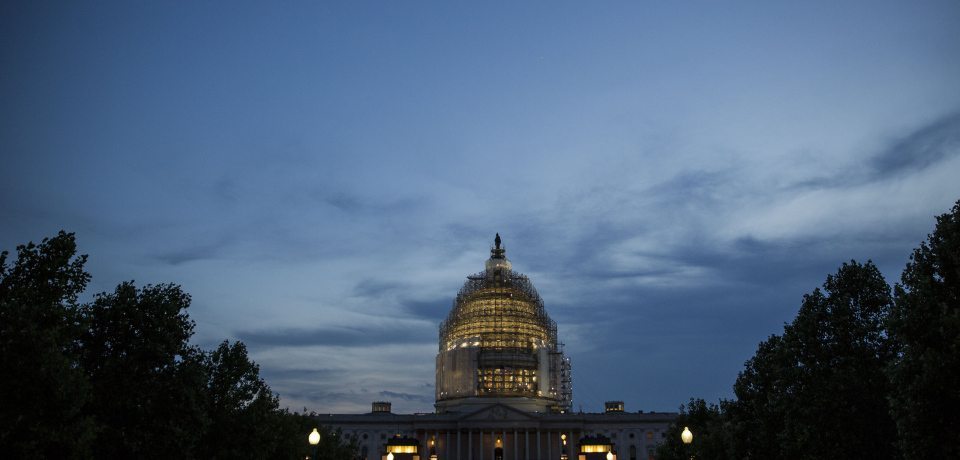Here Are the Privacy Violations You Should Be Worried About
The ongoing debate over U.S. surveillance programs seemingly came to a head last night, when the Senate failed to extend controversial Section 215 of the USA Patriot Act, which expired at midnight. As we learned from Edward Snowden two years ago, Section 215 was the provision that the government secretly claimed provided authority for the bulk collection of Americans’ phone records — their telephone “metadata.” And although the government’s less-than-obvious interpretation of that statute was accepted by judges sitting on the largely secret Foreign Intelligence Surveillance Act (FISA) Court, it has since been repudiated by two different federal courts, one on the grounds that Congress had not in fact approved such a program and one on the grounds that, even if it had, such warrantless, suspicionless surveillance violates the Fourth Amendment to the U.S. Constitution.
For those reasons, and a host of others, the debate over what Congress should do with Section 215 as its sunset approached grew only more heated ahead of the deadline, provoking bitter disputes over the legal wisdom and practical necessity of the phone records program. Some privacy and civil liberties groups, joined by libertarian politicians such as Sen. Rand Paul (R-Ky.), supported outright expiration of the provision, arguing that the phone records program was both unnecessary and unconstitutional. At the other end of the spectrum, hardline conservatives, led by Senate Majority Leader Mitch McConnell (R-Ky.)


Comments are closed.